There is a solution to the school zone traffic jams that families grapple with twice a day. It just requires a little bit of legwork.
Woodlinks State School are leading the way with their Walking Wheeling Wednesdays initiative.
Every week before school, teachers start a ‘walking school bus’ from two meeting points – each about a kilometre away – and wind their way through the local streets.
Even on a chilly July morning, children appear from houses along the route, welcomed by the staff and joining in with their friends. It’s a healthy start to the school day – and the more children who take part, the fewer cars will be parked in the school zone.
Woodlinks’ walking school bus initiative is in partnership with Ipswich City Council’s Healthy Active School Travel program.
The school has set the bar even higher this term with Active Travel Passports and the chance to earn prizes such as yoyos, skipping ropes, handballs – even going into the draw to win a scooter or bike.
During August, Woodlinks will have a 10-day walking challenge to encourage as many students as possible to walk, ride or scoot to school, and get a running start on their passport stamps.
ILC teacher Michael Hamilton, who organises the walking school bus, said the school had more than 600 students and most lived within one or two kilometres.
“I hope this will become part of the school culture,” he said.
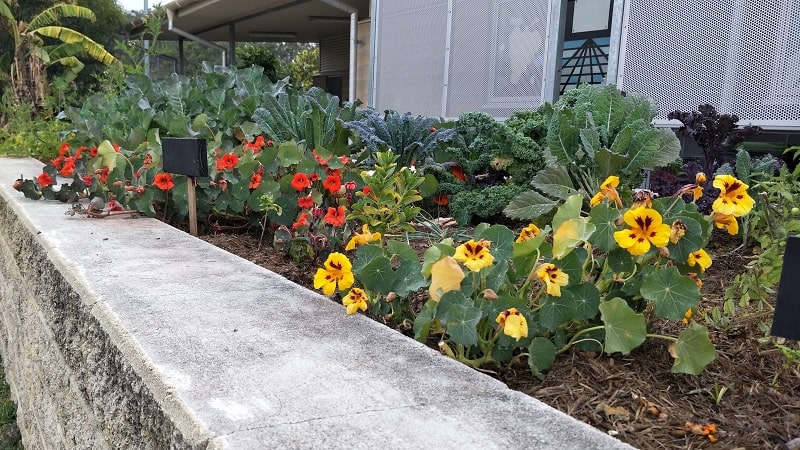
The walking school bus is just one of the ways Woodlinks inspires students with healthy and sustainable lifestyle choices.
The school has vegetable gardens, a sensory herb garden, chickens and a worm farm. Mr Hamilton said the students were highly involved in the food cycle, from growing the crops and collecting eggs, to cooking recipes such as kale and tomato fritters, through to putting the organic food scraps in the worm farm and chicken coop.
Students are also ‘Rubbish Rangers’ and pick up rubbish around the school grounds and on supervised trips around the local area.
Other schools may use rubbish duty as a detention punishment – but at Woodlinks it’s a volunteer position where students are self-motivated to work their way up the ranks.
Mr Hamilton said the school’s range of sustainability initiatives serve a greater purpose in education, from assisting students’ self-regulation, to social and practical skills.
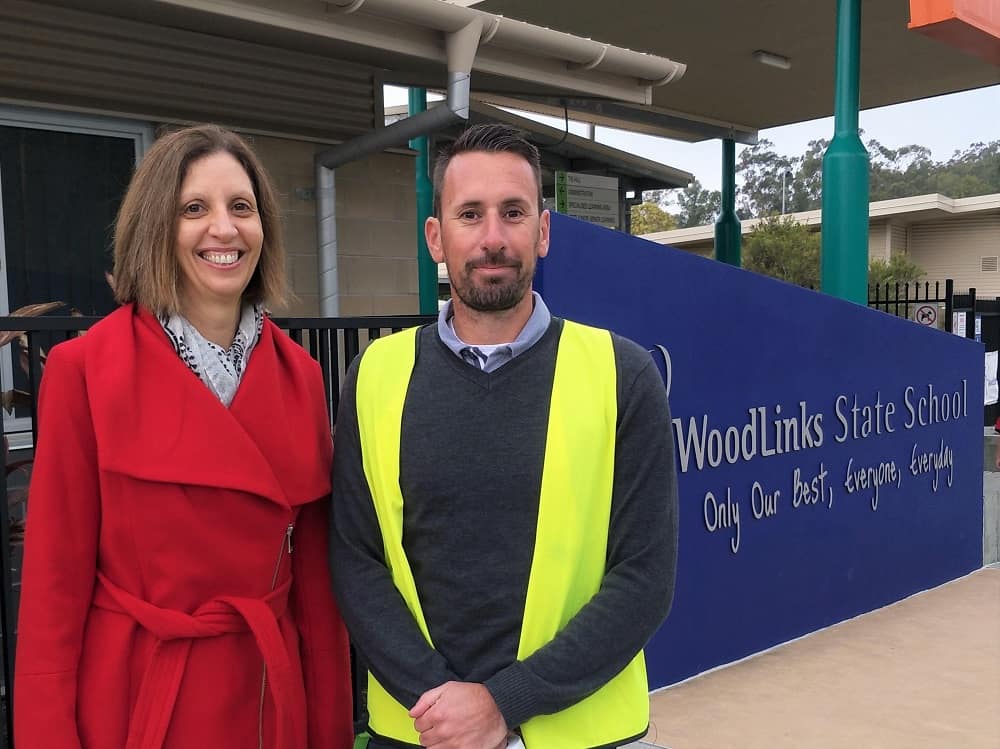
In the 1980s, about of 80 per cent students were walking or riding to school. Today, only 20 per cent of students use active travel methods – even though the majority of primary school aged children live less than two kilometres from their school.
Woodlinks State School Principal Vicki Caldow:
“It took us about 30 to 40 minutes to walk to school and home from school. My mum and dad said unless we were dying we had to go to school and even in the rain we had to put on those lovely yellow raincoats and yellow hats and walk home…
“We loved walking to school and home by ourselves as we felt very grown and that our mum and dad trusted us.”
Woodlinks State School IEC teacher Michael Hamilton:
“I went to school in Ireland and although I often caught the bus, I had to walk sometimes and when I was in Yr 7 I was allowed to ride my bike to school. In Ireland it got very cold in the winter so riding your bike was freezing!
“I can remember one winter when it snowed lots. We stood at the top of the hill watching as the bus tried to get up to the top to pick us up. It couldn’t make it! We all cheered as it slowly slid down to the bottom. We couldn’t walk to school either because the snow was too deep. We got to stay home and have snowball fights and ride on our sleds all day!”
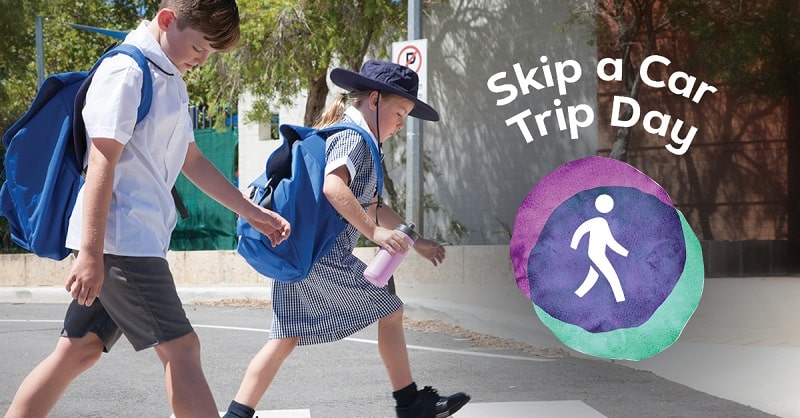
Friday August 10 is Skip a Car Trip Day
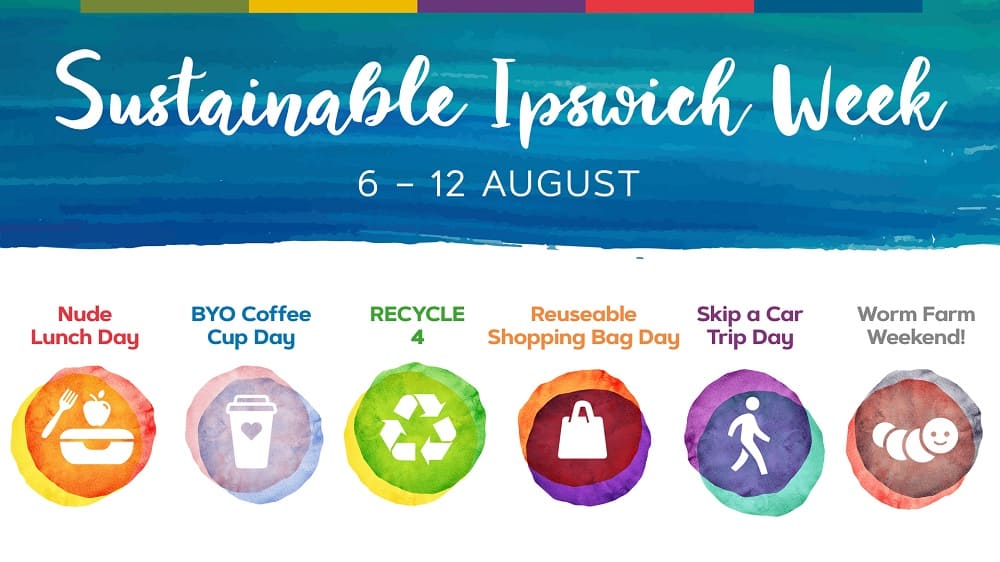

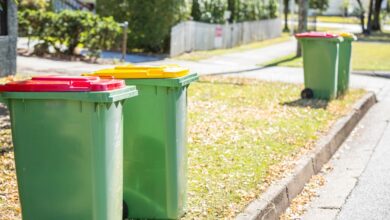
4.5